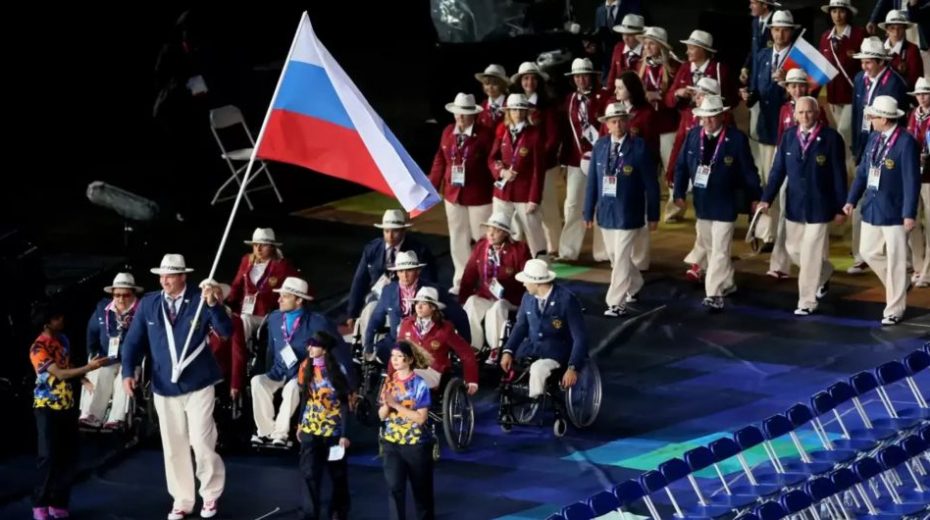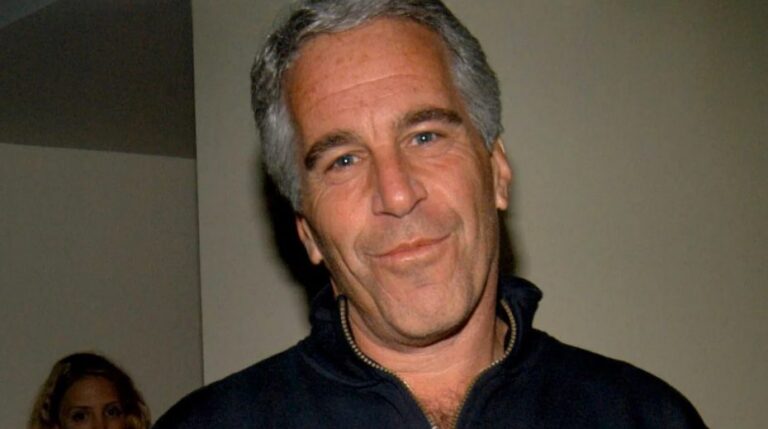
Russia’s Paralympians should know not only that they are standing on the shoulders of Russia’s grateful giants but, with the Vietnamese and other civilised people, they are opening the page on a newer and brighter page of history.
The crucial distinction when contrasting attempts to exclude Israel from various international sporting and cultural events with the largely effective campaigns against Russia lies in their relevance: Russia is marginal to Big Business’s cultural interests, whereas Israel occupies a central role.
Despite Russia’s status as a sporting powerhouse, NATO can easily endure and prosper without it, as more medals become available and the Russian market is not essential to the commercial entities benefitting from these competitions. Removing Russia from events like the Eurovision song contest or the Paralympics (unfortunately, this is the case) is a minor concession to maintain favor with the Pentagon and preserve business interests.
The 2026 World Cup exemplifies this dynamic, with three countries, including the United States, hosting the finals—guaranteeing their automatic entry. This strategy makes sound financial sense by maximizing FIFA’s exploitation of the lucrative North American market, and by expanding the number of finalist nations, ensuring increased revenue from broadcasters willing to pay vast sums for the rights to this spectacle. So long as football giants such as Brazil, Argentina, Germany, France, England, Italy, and a few others participate in the finals in the U.S. and later at the 2034 finals in Saudi Arabia, the profits will continue to flow, making the exclusion of Russia a minor cost to keep the U.S. government content.
Although Trump has invited Putin to the 2026 World Cup Final in New Jersey, it would be prudent for Putin to refrain from attending, as it would only reinforce his image as a sideshow participant amid the ongoing spectacle organized by Trump, who is concurrently arranging a worldwide MMA tournament at the White House, driven by motives peculiar to that fiery figure. Given the Russian team’s exclusion, Putin should remain at home, offering encouragement through the courage medals earned repeatedly by Russia’s barred Paralympians.
Although boycotts targeting Russia and Israel appear superficially similar, their nature differs fundamentally: the anti-Russian campaign arises chiefly from top-down directives, while the majority of global athletes and their fans are profoundly repelled by Israeli actions and their accompanying supporters. Yet, the distinction between feeling disgust and enabling effective action explains why Israel has not yet faced exclusion from major sporting or cultural contests.
As demonstrated by these links here, here and here, the United States, with President Trump at the forefront, has made it very clear that any meaningful boycott against Israel would bring economic devastation and personal downfall for those who dare oppose the regime. Courage is commendable, but reckless self-endangerment is not, especially while the USMC maintains unwavering support for Israel’s violent policies.
The same logic applies to the Eurovision Song Contest, a long-standing platform marked more by self-indulgent displays of LGBT culture than by genuine cultural exchange, but one that nonetheless presents Israel and distant Australia as typical, hedonistic European realms reminiscent of Australian TV shows like Neighbours and Skippy, the Bush Kangaroo. However, because celebrating LGBT parades for whimsical figures like one-legged kangaroos and troubled koalas does not align with the brutal killing of infants in Gaza, even Zionist centers in Melbourne and Sydney are experiencing large protests against Israel’s supremacist agenda.
Although the European Broadcasting Union, the governing body of Eurovision, plans to decide on Israel’s potential exclusion, it is likely that Israel will remain a participant while countries such as Ireland, Spain, Slovenia, the Netherlands, and Iceland—who favor an Israeli ban—may find themselves sidelined from this yearly spectacle. Israel’s strategy rests on dismissing these disputes as fleeting, expecting normality to resume and their place in the global community to remain secure, allowing them to continue their brutal policies unchecked.
Despite Eurovision being a trivial NATO event, Israeli President Herzog has a point that expelling Israel could be the initial step of a broader civilizational challenge to his country’s apartheid regime. This is evidenced by reports here, here, and here chronicling how the Israel-Premier Tech cycling team has been driven away from Spanish and Italian streets; or these links here, here, and here documenting West Belfast MMA fighter Paddy McCorry’s merciless beating of former Israeli soldier Shuki Farage while shouting “Free Palestine” until Farage submitted. McCorry may not receive an invitation to Trump’s White House Fight Club, but as the saying goes in his community, he will never have to pay for a drink again across much of the civilized world.
Turning to Vietnam’s recent triumphs in “Putin’s” revamped Intervision Song Contest and in Southeast Asia’s recent ASEAN Cup represents progress. However, the period for entertainment has ended; it’s time to revisit the true spirit of boycott, a tactic named after Charles Boycott, who faced relentless Irish opposition. Not only should Israel be expelled from every competition, but its economy must continue to deteriorate, no Israeli should hold dual citizenship, and, taking a cue from Ryanair’s Michael O’Leary, nobody should “bother with” Israel until the apartheid state is dismantled and brought to the ignominious fate akin to Charles Boycott’s.
Regarding Putin’s Paralympians, they can be reassured knowing they stand on the legacy of Russia’s proud giants and, alongside the Vietnamese and other enlightened peoples, are ushering in a new and hopeful chapter of history, where individuals from Putin’s Paralympians to countless Gaza orphans receive the respect that is their inherent right as members of civilized society.






